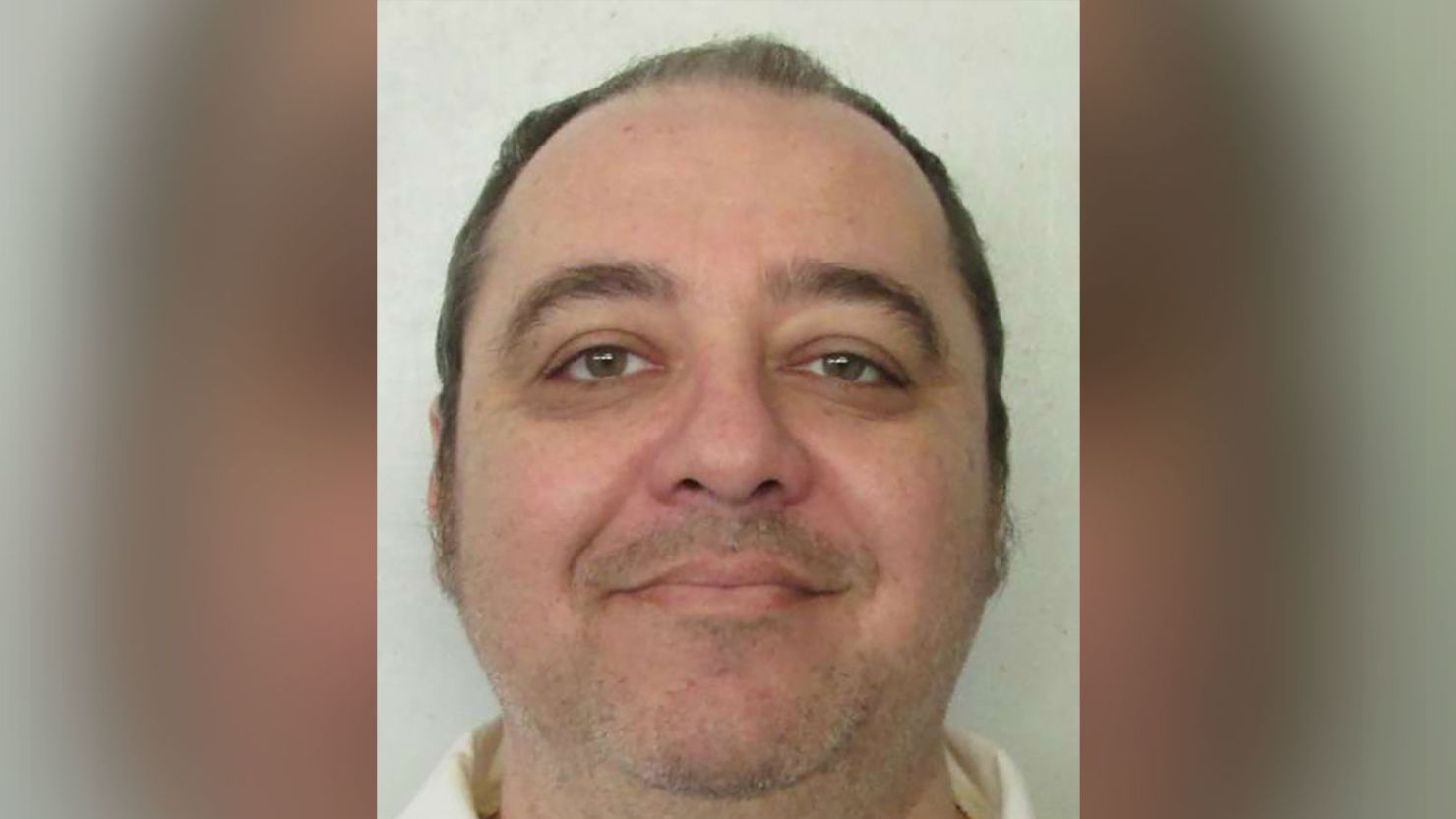The Supreme Court on Monday sided with a death row inmate in Alabama – whose scheduled execution by lethal injection was called off at the last minute by the state – who seeks to die by nitrogen gas when he is ultimately executed.
Alabama had asked the high court to intervene – arguing that a lower court that contravened Supreme Court precedent that requires an inmate to demonstrate that a proposed alternative method is not just “feasible” but able to be “readily implemented.”
Monday, the court declined. Justices Clarence Thomas and Samuel Alito dissented.
The court’s action comes after the justices divided 6-3 earlier in the term to allow Kenneth Smith’s execution to go forward by lethal injection. The execution was abruptly canceled later in the evening after the state was unable to properly set the IV line before the warrant for execution expired.

Smith later claimed the execution was botched.
Smith was convicted for the 1988 murder, with an accomplice, of Elizabeth Dorlene Sennett in a murder-for-hire plot. The two were hired by Sennett’s husband, who was involved in an affair and had taken out a large insurance policy on his wife.
The case comes after the state paused executions last fall and conducted a review of its execution process after problems with multiple lethal injections came into the national spotlight. In late February, Republican Gov. Kay Ivey called for the state’s executions to resume after the review was completed.
Smith argued the state should not try to execute him again by lethal injection, but should instead use nitrogen gas. He won his case at the lower court level.
Alabama asked the Supreme Court to reverse that decision, noting that while the state legislature has approved the use of nitrogen gas, the state has yet to finalize the protocols.

